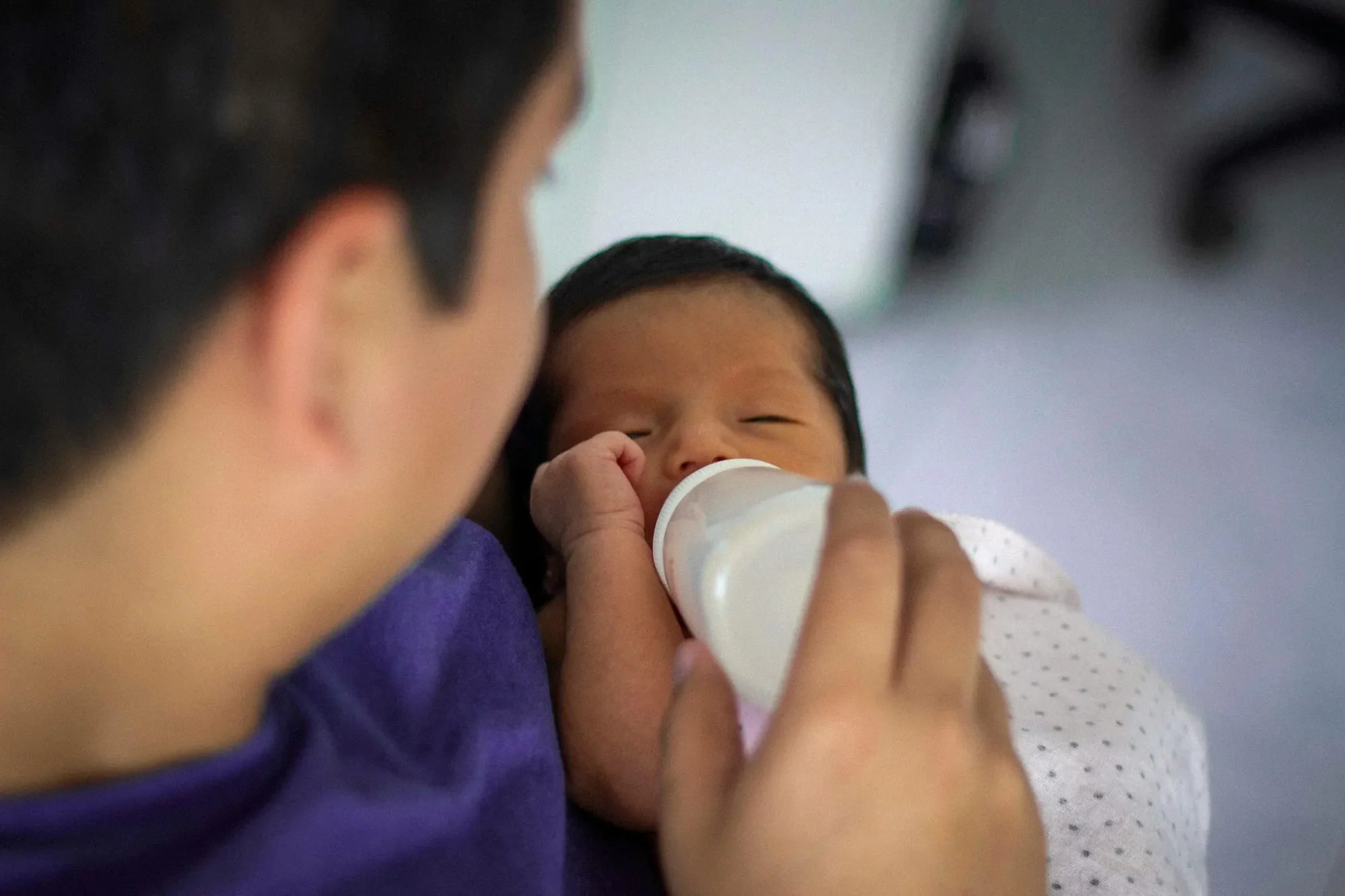Home
Pregnancy, Breastfeeding, and Pumping: The Ultimate Guide for Moms
Will Breast Pumping Induce Labor: What You Need to Know

Will Breast Pumping Induce Labor: What You Need to Know
For many expectant mothers, the final weeks of pregnancy can feel like an eternity. The anticipation of meeting their baby, combined with the physical discomfort of carrying extra weight, often leads to questions about how to safely induce labor. One method that has gained attention is breast pumping. But will breast pumping induce labor? This article dives into the science, risks, and expert insights to help you make an informed decision.
Understanding the Connection Between Breast Pumping and Labor
Breast pumping involves using a device to stimulate the nipples and extract milk. This stimulation can trigger the release of oxytocin, a hormone that plays a key role in labor. Oxytocin causes the uterus to contract, which is essential for initiating labor. Some studies suggest that nipple stimulation, including breast pumping, can increase oxytocin levels and potentially lead to contractions.
The Science Behind Nipple Stimulation and Labor
Research has shown that nipple stimulation can indeed lead to uterine contractions. A study published in a reputable medical journal found that women who engaged in regular nipple stimulation were more likely to go into labor naturally compared to those who did not. However, the study also noted that the effectiveness of this method varies from person to person. Factors such as the mother's overall health, the stage of pregnancy, and the frequency of stimulation can all influence the outcome.
Potential Risks of Using Breast Pumping to Induce Labor
While breast pumping may seem like a natural and non-invasive way to induce labor, it is not without risks. Overstimulation of the nipples can lead to excessive uterine contractions, which may cause distress to the baby. In some cases, this can result in premature labor or other complications. It is crucial to consult with a healthcare provider before attempting any method of labor induction, including breast pumping.
Expert Opinions on Breast Pumping and Labor Induction
Medical professionals have mixed opinions on the use of breast pumping to induce labor. Some experts believe that it can be a safe and effective method when used correctly, while others caution against it due to the potential risks. The general consensus is that breast pumping should only be considered under the guidance of a healthcare provider, particularly for women who are at or near their due date.
Alternative Methods for Inducing Labor
If you are considering inducing labor, there are several other methods that may be safer and more effective than breast pumping. These include walking, acupuncture, and certain types of massage. It is important to discuss these options with your healthcare provider to determine the best course of action for your specific situation.
When to Seek Medical Advice
If you are nearing your due date and considering ways to induce labor, it is essential to consult with your healthcare provider. They can provide personalized advice based on your medical history and the current stage of your pregnancy. Remember, every pregnancy is unique, and what works for one person may not be suitable for another.
Breast pumping may offer a natural way to induce labor, but it is not a one-size-fits-all solution. Understanding the science, risks, and expert opinions can help you make an informed decision. Always prioritize your safety and the well-being of your baby by consulting with a healthcare provider before attempting any method of labor induction. The journey to meeting your baby is a special one, and taking the right steps can ensure a healthy and positive experience.
Share


